It’s not the destination, it’s the journey
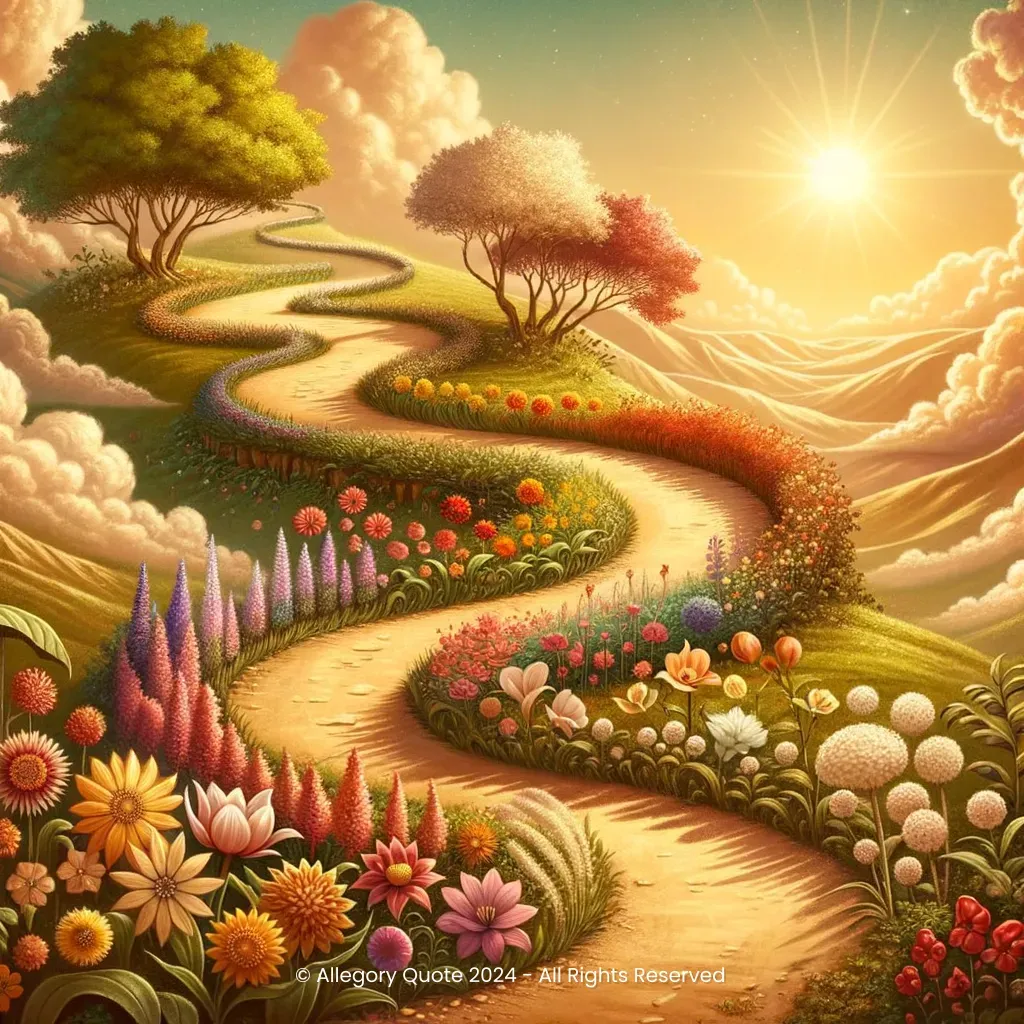
0
0
0
0
- Meaning
- The phrase suggests a philosophical perspective that values the experiences, lessons, and personal development we encounter along the way in life. In psychology, it reflects the idea that the process of striving toward goals is often more enriching than the actual attainment of those goals. Historically, it points to a journey of self-discovery, inviting individuals to cultivate mindfulness and appreciation of the present moment.
- Allegory
- In the allegorical image, the winding path signifies the journey of life, where each turn and direction taken reflects personal growth and experiences gained. The vibrant flowers symbolize the richness of experiences and the beauty that can be found along the way. The trees and clouds represent the various phases of life, illustrating that every moment contributes to the overall journey. The warm color palette promotes comfort and serenity, reinforcing the message that the journey itself is what makes life truly valuable.
- Applicability
- In daily life, this phrase can inspire individuals to focus on their current experiences and the learning that comes with them, rather than becoming fixated on future successes or destinations. This can enhance life satisfaction and foster a more positive outlook on challenges and setbacks.
- Impact
- This quote has significantly influenced self-help literature and motivational speaking, prompting people to reevaluate their priorities in life. It's often quoted in discussions about personal development, travel experiences, and the importance of enjoying life’s little moments.
- Historical Context
- While the exact origins are unclear, the phrase captures a sentiment that has likely been expressed since ancient times, particularly among philosophers who reflect on the nature of existence and personal growth. The concept parallels ideas found in Eastern philosophies, where the journey is often framed as essential to enlightenment.
- Criticisms
- Some critics argue that this perspective may downplay the importance of goals or destinations altogether, suggesting a balance is essential. They might contend that having goals helps provide direction and purpose, and while appreciating the journey is vital, one should not disregard the end goals.
- Variations
- Variations of this phrase can be found across cultures, often emphasizing a similar thematic message of valuing experiences. In Buddhist teachings, for instance, the focus on the path toward enlightenment resonates with this idea, illustrating the importance of ongoing growth and understanding throughout one’s life. Different cultures may interpret 'journey' differently, reflecting their unique values and lifestyles.
-
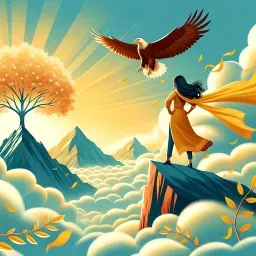
You’re braver than you believe, stronger than you seem, and smarter than you think.
-
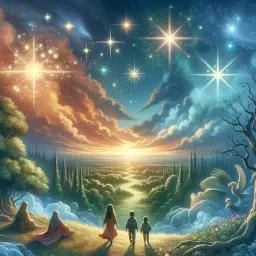
Second star to the right and straight on ‘til morning.
-
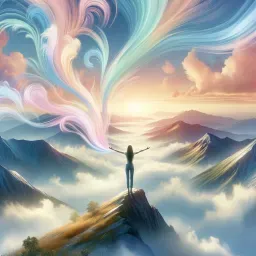
Let it go.
-
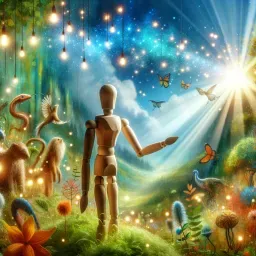
I’m a real boy!
-
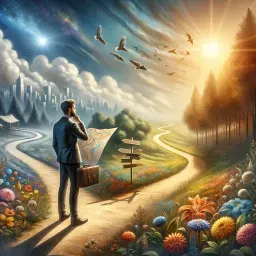
You control your destiny — you don’t need magic to do it.
-

Ohana means family.
-
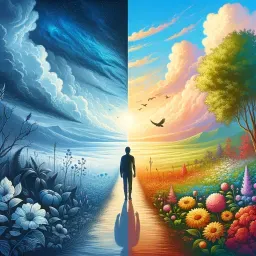
I never look back, darling. It distracts from the now.
-

Hakuna Matata.
-

I am Groot.
-
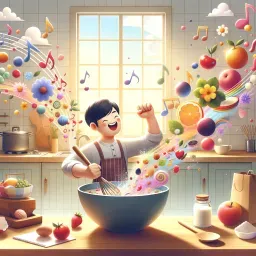
A spoonful of sugar helps the medicine go down.
-
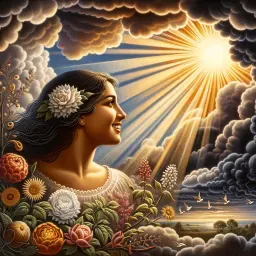
A ray of sunshine is enough to sweep away many shadows.
No Comments